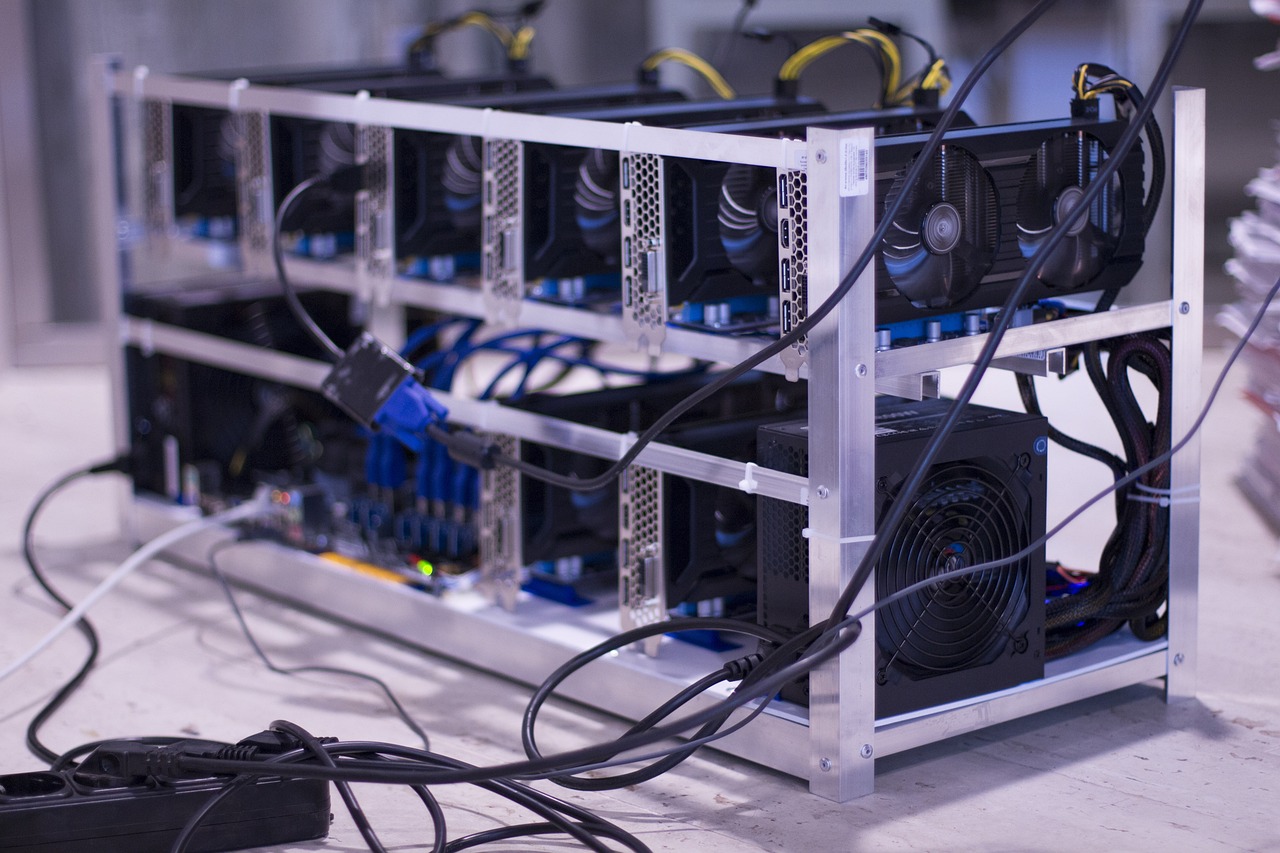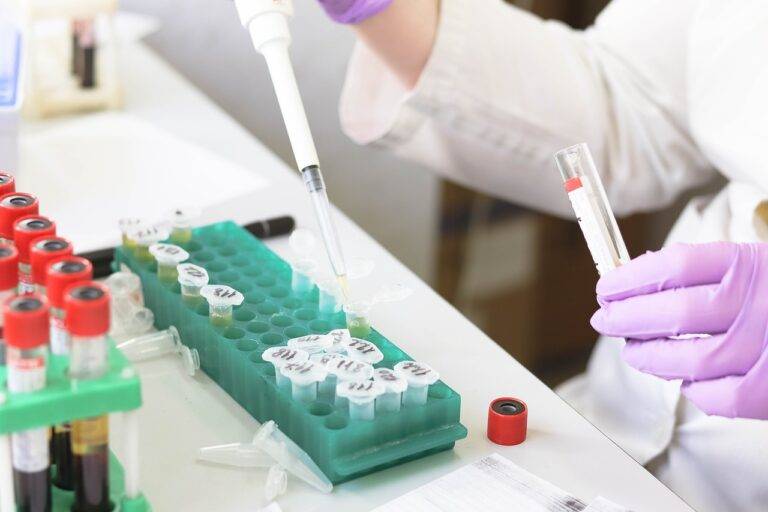The Integration of IoT and Smart Cities
Cities around the world are facing numerous challenges when it comes to implementing IoT technology. One of the major obstacles is the high initial cost of setting up the infrastructure needed for IoT devices to function properly. This includes the installation of sensors, networks, and data processing systems, which can be a significant financial burden for many municipalities.
Another key challenge is the issue of data privacy and security. With the vast amount of data collected by IoT devices in urban environments, there is a growing concern about how this information is being stored and used. Cities must ensure that strict security measures are in place to protect sensitive data from cyber threats and unauthorized access. Additionally, there are complexities involved in complying with privacy regulations and gaining public trust in the way their data is being handled.
Benefits of IoT Integration in Urban Planning
In modern urban planning, the integration of IoT technology has revolutionized the way cities operate and develop. By utilizing IoT sensors and data analytics, city planners can gain real-time insights into various aspects of urban life, such as traffic flow, air quality, energy consumption, and waste management. This data-driven approach enables more efficient decision-making, leading to improved city services and enhanced quality of life for residents.
Moreover, the implementation of IoT in urban planning allows for better resource allocation and optimization. By monitoring and analyzing data on infrastructure usage and citizen behavior, city officials can identify patterns, anticipate needs, and plan accordingly. This proactive approach not only helps in reducing costs and increasing operational efficiency but also ensures that cities are better equipped to address challenges like population growth, sustainability, and resilience in a rapidly changing world.
How IoT Can Improve Transportation Systems in Smart Cities
Cities around the world are increasingly turning to IoT technology to revolutionize their transportation systems. Through the integration of sensors and real-time data analytics, urban planners can better understand traffic patterns, optimize public transport routes, and enhance overall transportation efficiency. This proactive approach allows cities to make data-driven decisions to alleviate congestion and improve the mobility of residents and commuters.
Moreover, IoT plays a key role in promoting sustainability in transportation systems by facilitating the integration of smart infrastructure and vehicles. By leveraging IoT devices to monitor air quality, manage energy consumption, and promote eco-friendly modes of transportation, cities can work towards reducing their carbon footprint and creating a more environmentally-friendly urban landscape. This sustainable approach not only benefits the environment but also enhances the quality of life for city dwellers.
• IoT technology helps urban planners understand traffic patterns
• Optimizes public transport routes
• Enhances overall transportation efficiency
• Promotes sustainability in transportation systems
• Facilitates integration of smart infrastructure and vehicles
• Monitors air quality and manages energy consumption
• Encourages eco-friendly modes of transportation
By leveraging IoT devices, cities can work towards reducing their carbon footprint and creating a more environmentally-friendly urban landscape. This sustainable approach not only benefits the environment but also enhances the quality of life for city dwellers.
What are some of the challenges cities face in implementing IoT technology for transportation systems?
Some challenges include high implementation costs, interoperability issues between different IoT devices, and concerns over data privacy and security.
How can IoT integration benefit urban planning in smart cities?
IoT integration can improve efficiency in resource management, reduce traffic congestion, enhance public safety through real-time data analysis, and provide valuable insights for future city development.
In what ways can IoT improve transportation systems in smart cities?
IoT can improve transportation systems by enabling real-time monitoring of traffic flow, optimizing public transportation routes, providing accurate parking availability information, and facilitating seamless connectivity between different modes of transportation.





